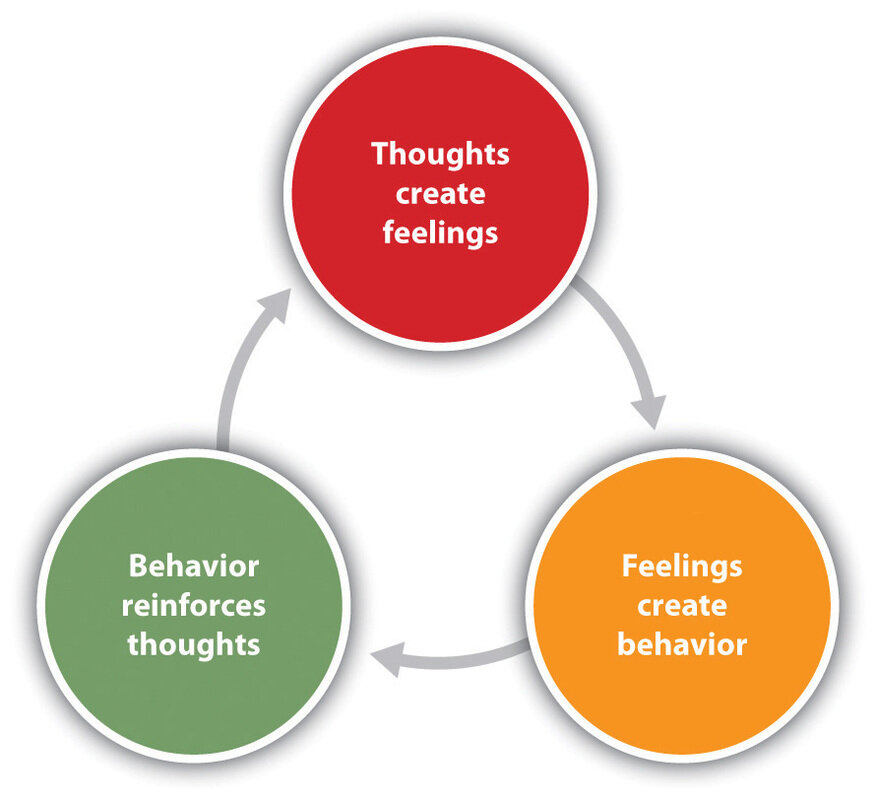What is Hypnosis and Hypnotherapy?
What is Hypnosis?
The world of stage and Television has provided us with hilarious and entertaining acts of Hypnotised volunteers jumping around like frogs and pretending they are Henry VIII, however, this is purely entertainment! There are no trances and you will not ‘go under’ any kind of spell. Hypnosis is neither magical nor mystical but rather a scientifically and clinically proven method of utilising your ability to imagine, rehearse and influence your perception of yourself, others and the world around you.
Research and the development of Hypnosis and Hypnotherapy dates back to the 1700’s and some of the worlds most prestigious academic institutions such as: Stanford University, Harvard University and the University College of London (UCL) have all dedicated facilities and funding into the continued scientific research of Hypnosis and its effectiveness in Psychotherapeutic applications.
Hypnosis can occur when you are at your most relaxed or even highly active. It is a process facilitated and supported by a Hypnotherapist. The goal is to focus your attention on targeted and directed imagery and mental scenarios, whilst using various applications of suggestion and hypnotic techniques to assist you in reinforcing or challenging Core Beliefs and the factors that maintain them. It is a pleasant and calming experience, one which you are completely in charge of.
There is no question that on a scientific and physiological level the mind and body are connected. When we imagine certain images it can result in physiological changes e.g When you are attracted to somebody, your eyes may dilate, your breathing may increase and you may blush. When you are alone at night and hear a noise, your breathing may become shallow, your heart rate may increase, you may get goosebumps and feel cold. This is simply because your thoughts have generated an emotion and physical response in your body. Hypnosis is a way of focussing your attention on thoughts and challenging them, rationalising them or even strengthening them to affect your emotions and behaviours.
MYTHS
- You will go into a ‘Trance’
- You might get stuck in Hypnosis
- You can be programmed to respond to a trigger word
- You can forget events, people or even that you have been hypnotised
- You can have your personal information accessed without being aware
- You will bark like a dog on command
- You will not be aware you are being hypnotised
- You will have messages implanted into your subconscious without you being aware
- You can be regressed to a past life
- You can treat your phobia of flying or spiders in one session
- Hypnosis is a mystical and magic art that allows you to control people by mere suggestion
- You need a pendulum or swinging watch to induce Hypnosis whilst ‘looking into my eyes!’
FACTS
- You will be fully aware you are being hypnotised
- You will have complete control of the situation
- You will be fully relaxed or even fully alert
- You will not go into a trance like state
- You will utilise mental imagery
- You will rehearse scenarios in your mind
- You will utilise your imagination at directed tasks
- Hypnosis is as successful as YOU want it to be
- Hypnosis is as successful as YOU want it to be
- It is a pleasant and relaxing experience
- You will learn ‘skills training’ to allow yourself to become your own therapist
- You will be able to conquer and work towards difficult scenarios and phobias in the safety of a controlled environment.

What is Cognitive Behavioural Hypnotherapy?
Cognitive Behavioural Therapy (CBT) is one of the most scientifically proven and clinically effective form of Psychotherapy to date. It is used by multiple organisations and institutions including the NHS and combines a wealth of evidenced-based scientific and psychological study into the fields of Behavioural and Cognitive psychology. In essence, how you think affects how you feel and how you act.
CBT focusses on you TODAY and where YOU want to be in YOUR future. There are multiple reasons for how we think and perceive ourselves and the world around us: Stress, Peer Pressure, Relationships, Low Self-esteem and Social Media. We have developed ‘unhelpful and negative thought processes’, which affect our feelings and how we act. By addressing how we think and how we behave, we can live a much more pleasant experience by becoming aware of our own Thoughts/Behaviours and changing them to suit the life we want to live.


Behavioural Psychology emerged during the early 20th Century and is a theory of learning which states all behaviours are learned through interaction with the environment through a process called conditioning.
Some people may have heard of the Russian Physiologist Ivan Pavlov and his famous ‘Classical Conditioning’. Pavlov realised that dogs would salivate when presented with food, therefore he decided to ring a bell every time the food appeared. Eventually he removed the food and realised when he rang the bell on its own…the dog would salivate even without the food present. He had conditioned the dog to respond a certain way to a stimulus, in this case a bell.
Psychologists such as B.F Skinner were responsible for defining the term ‘Operant Conditioning’ where, in essence, our behaviours can be influenced by positive/negative reinforcers e.g a child at school may work harder if the positive reinforcement is praise from the Teacher. These are two good examples of how behaviours can be trained or ‘conditioned’ and used to motivate.
Cognitive Psychology emerged during the mid 20th Century and is the scientific study of how we think and includes processes such as: attention, language, perception, creativity and problem solving. Some of the most influential figures include Albert Ellis’s Rational Emotive Behaviour Therapy (REBT) and Dr Aaron Beck’s Cognitive Therapy, which is the foundation for what we now know as CBT. These are examples of how our thoughts can have a negative/positive impact on our feelings, actions and core beliefs.
Is it rational, or logical, to assume that every single person in the world MUST like us and that we MUST please everyone? That is an irrational and unrealistic belief, however, when some one we know ignores us in the street or our work colleagues seem a bit ‘off’ with us…we take it incredibly personally and thoughts of guilt, anxiety and worry start to fester. ‘What if they don’t like me???’ Have you ever considered that maybe they just don’t, and that’s actually ok, because do you really believe that every single person in the world MUST like you? Do you like every single person in the world?

What can Hypnotherapy actually treat?
Hypnosis has a wealth of clinical, scientific and psychological research to support its application. Although it may be used for many conditions, it has been used successfully in the field of ANXIETY and ANXIETY related conditions such as:
Social Anxiety, Generalised Anxiety Disorder (GAD), Phobias, PTSD, Pain Relief, Depression, Menopause, Birthing, Smoking Cessation, Weight Management, Addictions, Assertiveness, Ego-Strengthening/Self Confidence, Sports Performance, Stress Management and Resilience, Habit Reversal and Thought Stopping.
Psychosomatic conditions such as : IBS, Psoriasis and Warts
Hypnosis is extremely effective in the treatment of Anxiety. There are no tricks or sub conscious messages, just evidenced based research and science. Anxiety is only the THOUGHT that something bad will happen. Hypnotherapy, combined with Cognitive and Behavioural Therapies, allows you to challenge, rationalise and overcome this in a controlled, supportive and safe environment. Take control of your thoughts rather than letting them take control of you!
